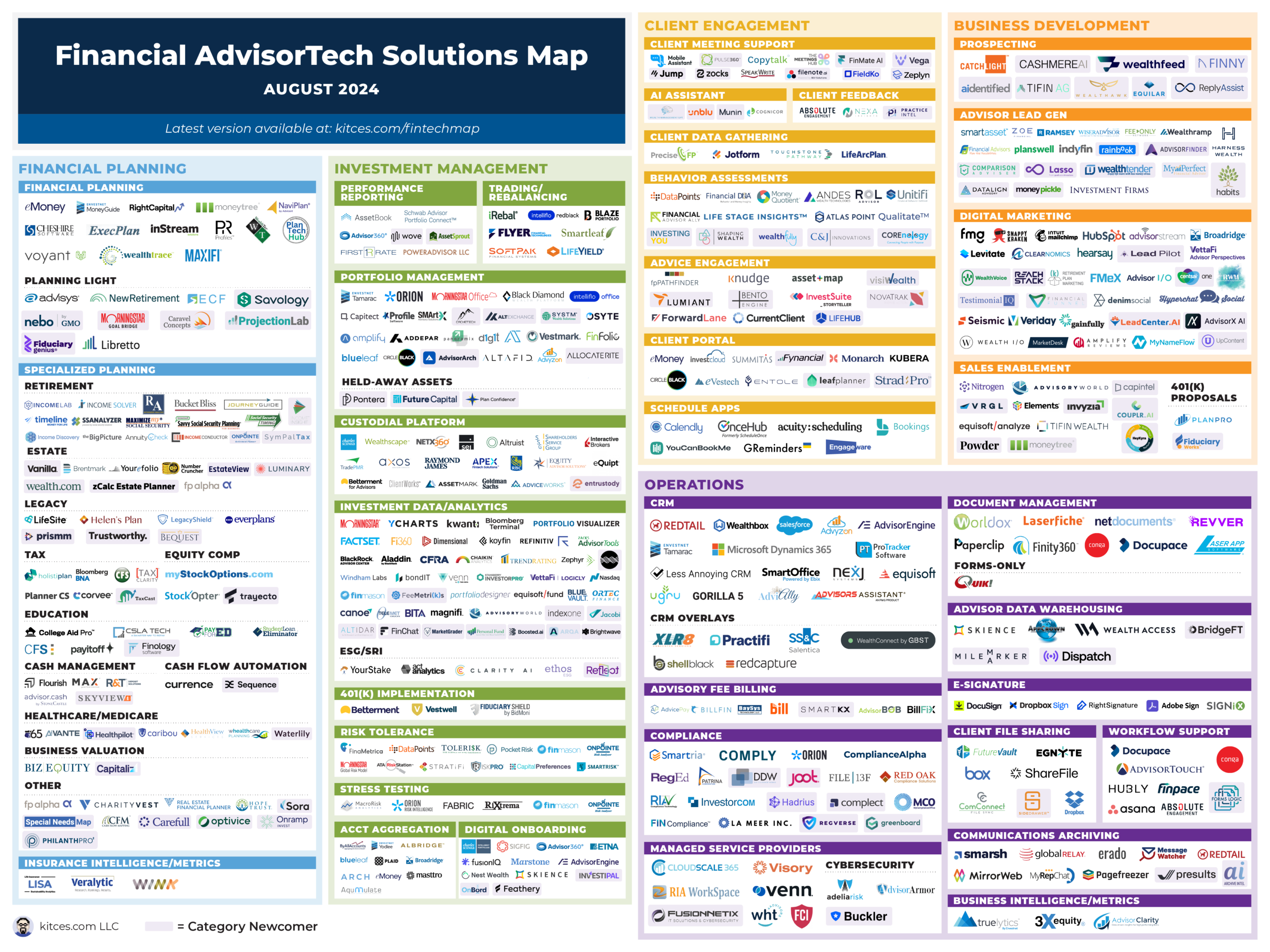Id? Neglect cellular … suppose eyeballs! – Cyber Tech
I simply noticed a weblog by Alan Stapelberg, who’s Group Product Supervisor for Google Pockets. Right here’s his opening para:
“Think about beginning a trip like this: You arrive on the airport and breeze by way of safety by tapping your cellphone to a reader, scanning your boarding go and ID. Whereas ready to board, you seize a drink at an airport bar, tapping your cellphone to show your age. Whenever you arrive at your vacation spot, you discover your rental automobile and go away the lot with out stopping for an in-person ID examine since you already supplied the required data within the rental automobile app. You examine into your lodge on-line, and your secret’s issued straight to your digital pockets. You do all of this along with your cellphone — no bodily pockets required.”
And goes on to explain this as a futuristic imaginative and prescient that might be actuality quickly.
I sat there and thought: however this sounds old style. Why am I utilizing a digital pockets and cellphone? Why do I even must confirm and authenticate? In an actual futuristic imaginative and prescient, the world would know who I’m simply because I’ve sensors on my physique. In reality, taking it to the restrict, I might have intel inside.
This can be a imaginative and prescient that I first began sharing twenty years in the past, with the concept that my DNA can be my authentication. Mix DNA with biometrics, and the imaginative and prescient of Minority Report would come true.
Every thing personalised to you, based mostly in your eyeballs.
Keep in mind that Minority Report was made 1 / 4 of a century in the past, and also you get the concept that this concept of DNA and biometric identification has been round for some time. So, why hasn’t it occurred?
Effectively it has, however is simply slower to take off than we anticipated. In the present day, we use fingerprints and face to establish with apps on telephones. Tomorrow, we’ll simply stroll about and be recognised.
Ah, however then this implies governments know what you’re doing and the place you’re going, as do banks. There’s a stability. I need to be recognised simply and keep away from the overheads of verification, authentication, identification and onboarding, however I don’t need you to at all times know the place I’m and what I’m doing.
I would like quick access with full privateness.
Now, there’s a dream … nevertheless it’s not distant. That is the dream of personas: Persona, in psychology, the character that a person tasks to others, as differentiated from the genuine self.
You current a model of you that you just see match, based mostly upon who’s asking.
Which means that my imaginative and prescient of the longer term isn’t any cellphone and no cause to make an motion to establish. You simply stroll round and, each from time to time, an alert seems. You stroll by way of immigration, and an alert asks who you’re. You blink into your glasses, job executed. You faucet your wrist, job executed. You click on your heels, job executed.
You’ll have all of those wearable choices to establish, relatively than carrying a cellphone to do it. In the present day, we might count on to evolve from telephones to glasses – suppose Meta and Apple – however might we transfer past cellphone and glasses to only a faucet of the finger or the blink of a watch tomorrow?
We’re nearly there, so sure, occasions are shifting quick and the imaginative and prescient of Adam at Google appears very grounded prior to now. The long run is one the place our identities are owned by us and shared on demand, as we see match.



